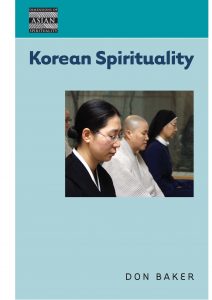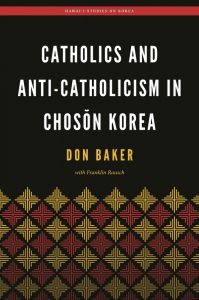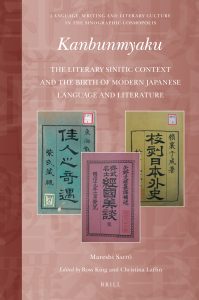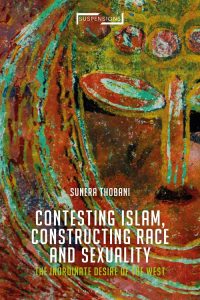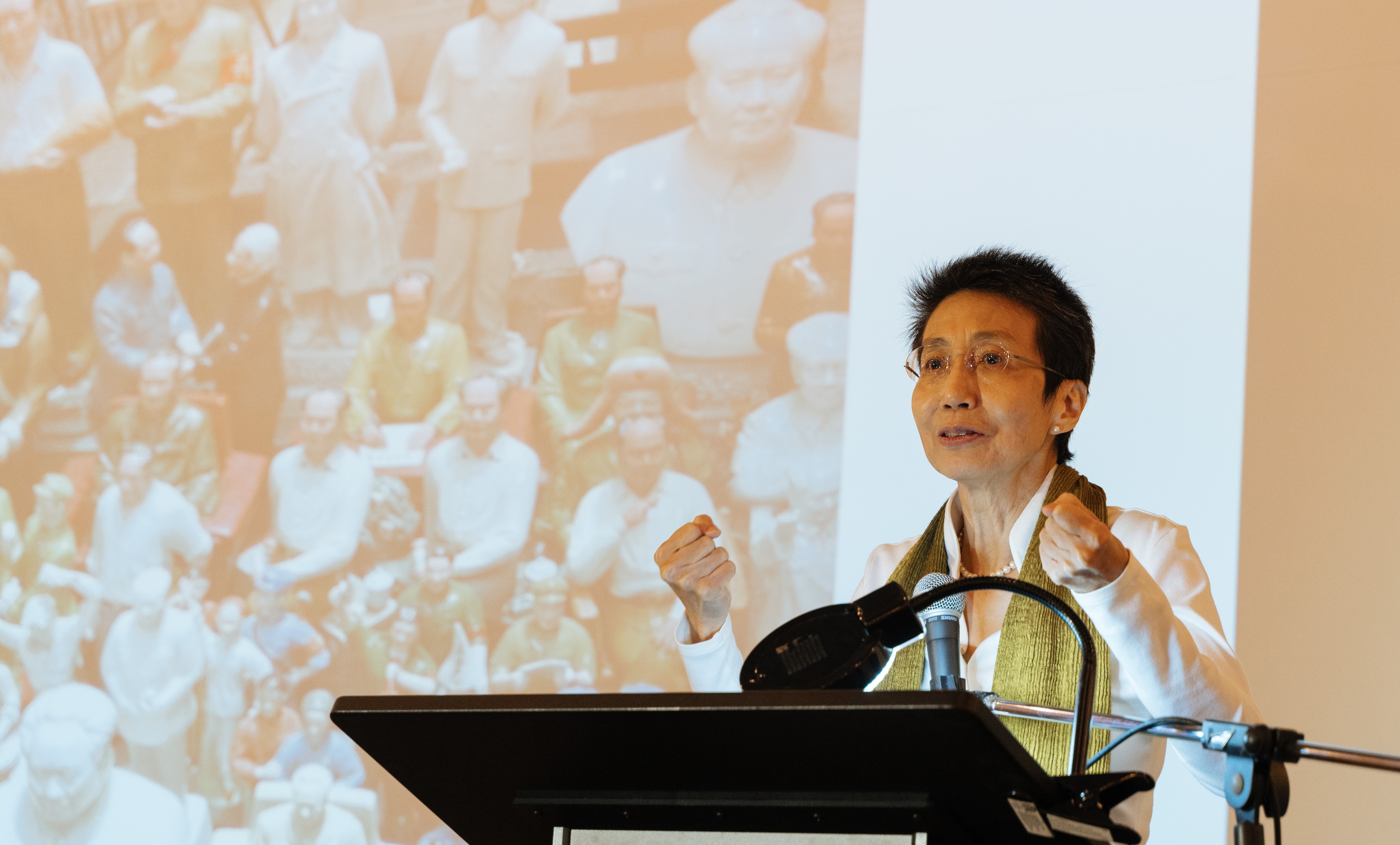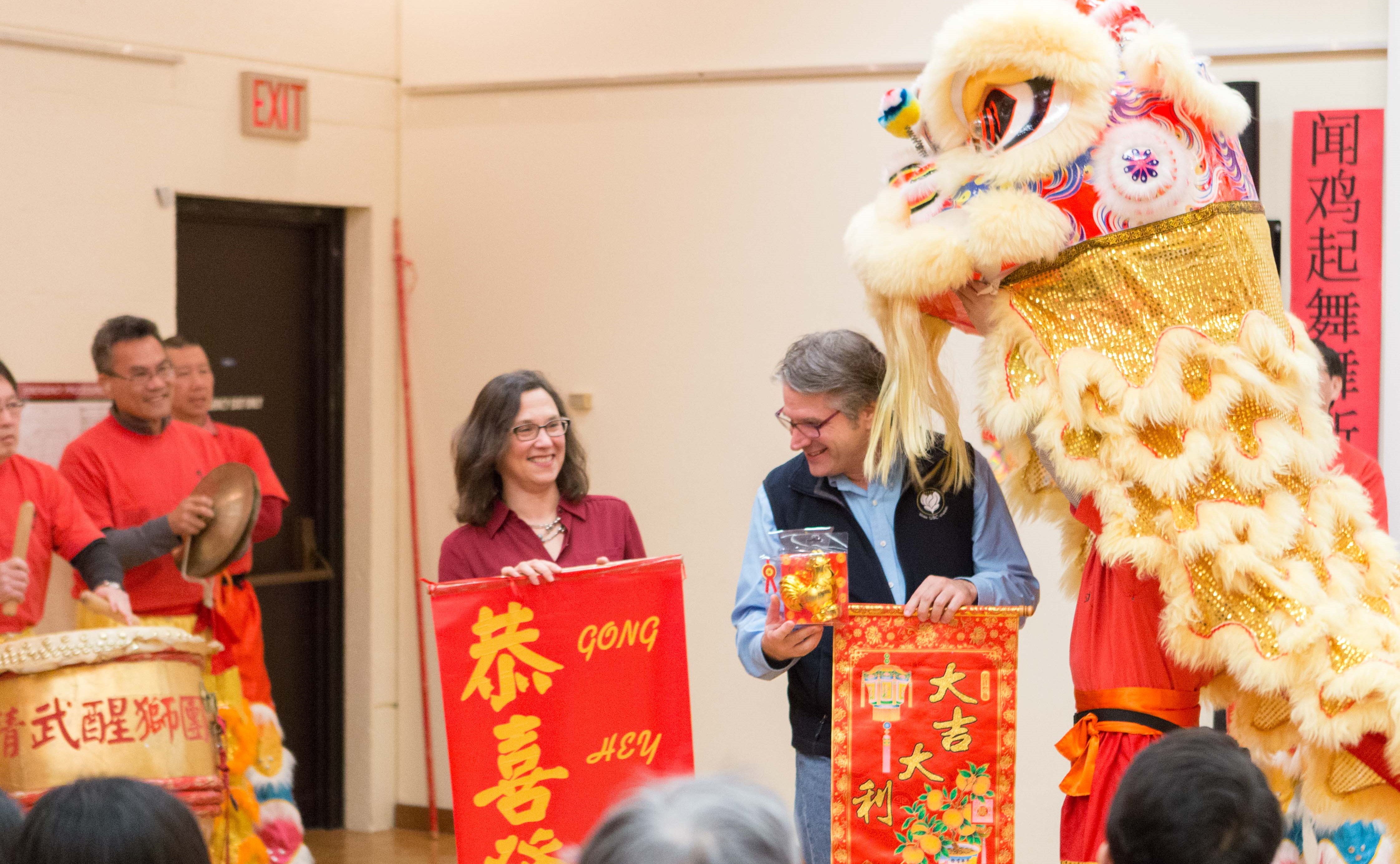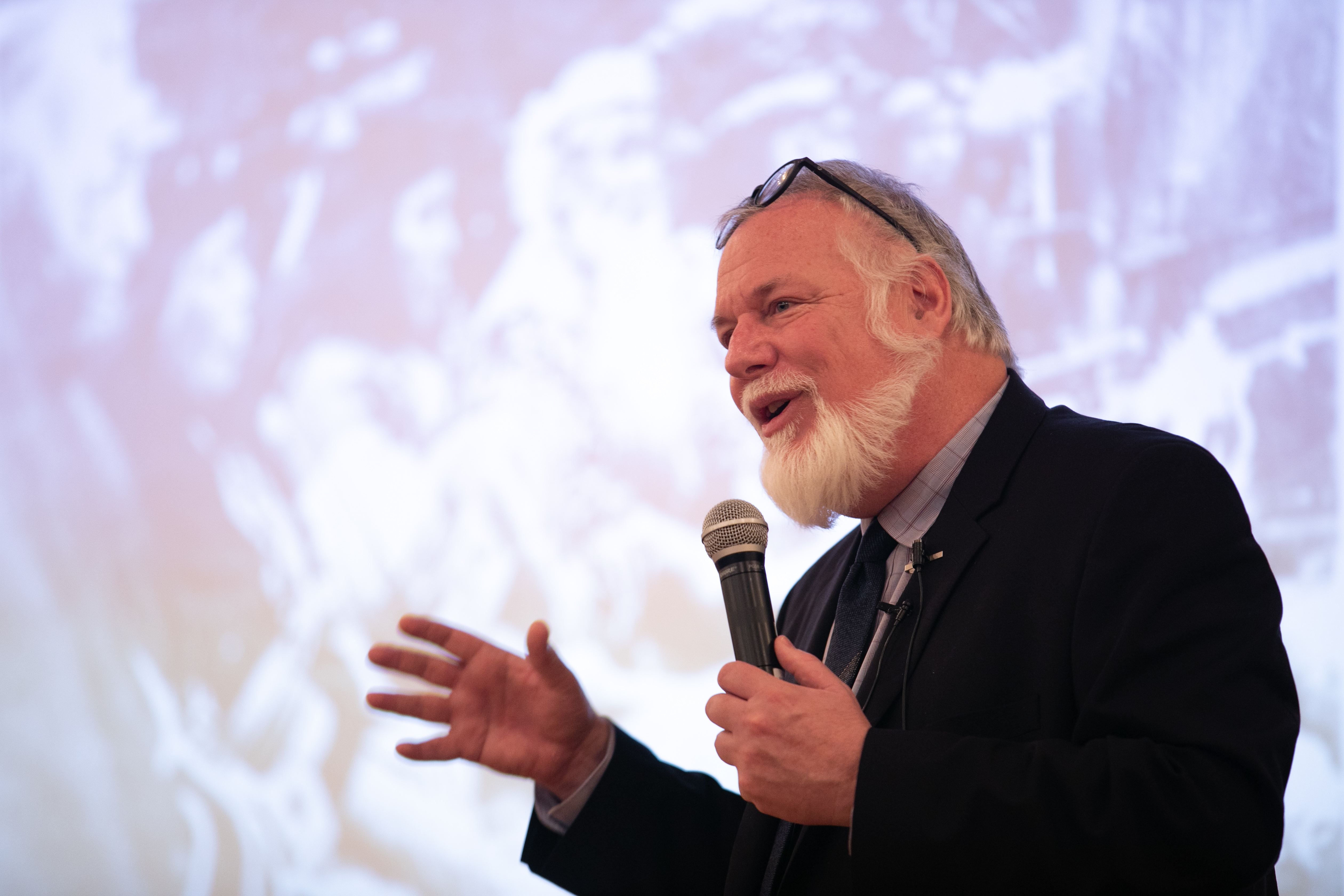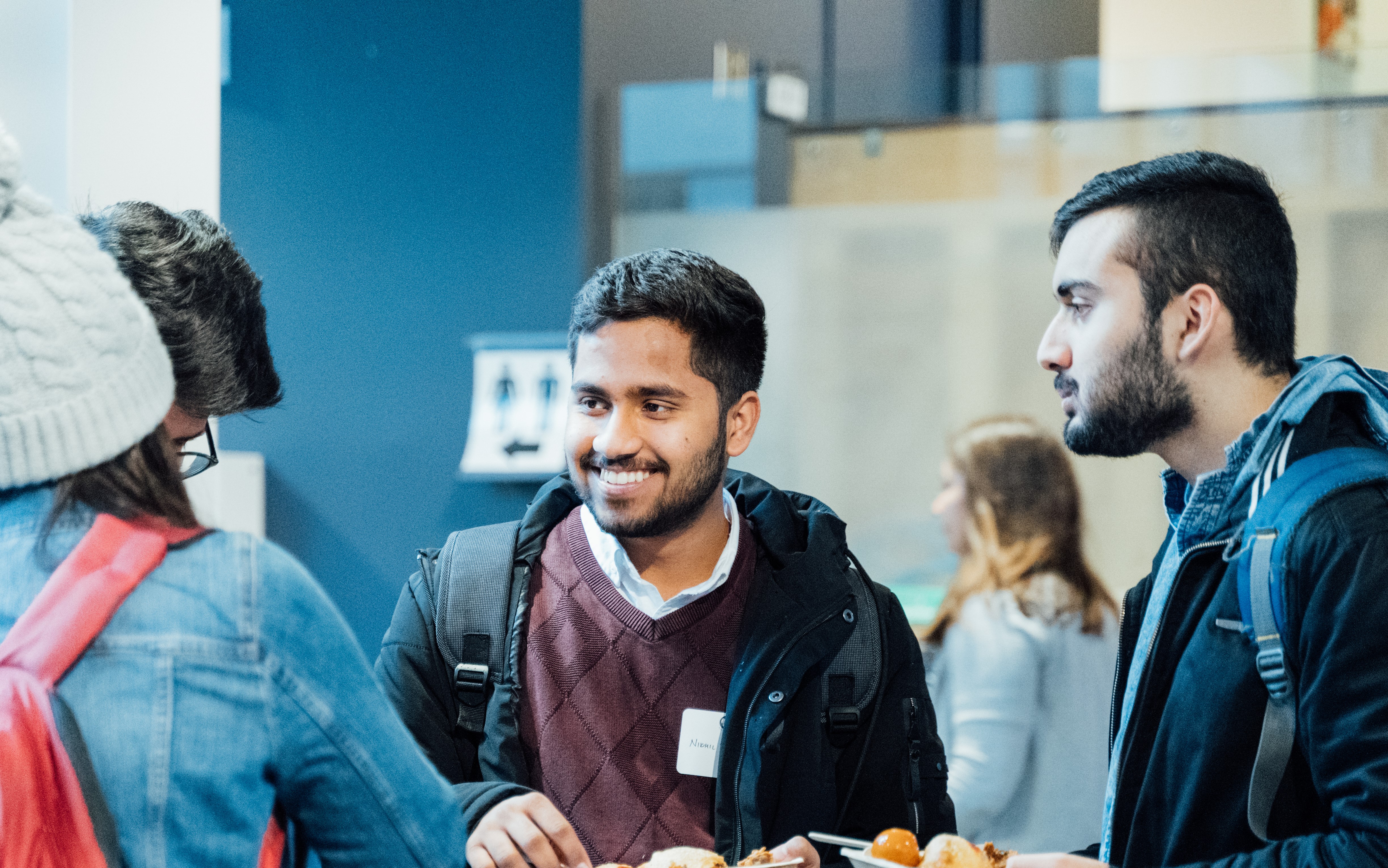March 19, 2021
The Department of Asian Studies joins voices across UBC and the world in condemning the violent hate crime in Atlanta which targeted Asian American women at a time of ongoing anti-Asian racism in Canada and the US. We invite faculty, staff, students, alumni, and all members of our Department of Asian Studies community to recognize this incident and to reflect on racism experienced and witnessed in the US, and in Canada, British Columbia, and Vancouver.
Half of UBC students identifying as ethnically Asian have experienced discrimination according to the most recent AMS survey. During the pandemic, 83% of people reporting racist incidents in Canada were of East Asian ethnicity. Half of all reported incidents took place in BC in public spaces like streets, sidewalks, and parks. Women were targeted in 70% of these incidents.
As an institution, UBC must do better: approximately half our student body is ethnically Asian yet only 5% of instructors identify as racialized women in a city in which 51.6% of residents identify as a “visible minority.”
As a department aimed at fostering the study of Asian cultures, thought, religions, and languages, we must work in solidarity with all members of our scholarly community to exemplify anti-racist approaches in our learning, teaching, and research and to enable uncomfortable conversations about racism and inequities.
Below are two events taking place at UBC, one today: (1) a gathering for solidarity and support (today); (2) a webinar on the asymmetrical and inequitable effects of the pandemic on communities marginalized by race, class, age, gender, religion, sexuality, etc. (March 24).
Following the event listings is a set of resources we collated in response to this violent incident of anti-Asian racism, intended to offer support, intervention, and an understanding of lived histories.
- Community Connections: Care and reflections on Atlanta (March 19, 2021 at 12:00 pm PDT)
Description:
In response to the recent violent anti-Asian racism in Atlanta, the Equity & Inclusion Office is hosting an event to offer support and solidarity with the members of the Asian communities at UBC.
All those impacted by the ongoing racism and violence against Asian communities, are invited to join the session in community and reflection on the recent events – tomorrow, Friday, March 19 at 12:00. The event is open to all.
RSVP here
- “The Deadly Intersections of COVID-19”: Webinar on March 24, 2021 at 11:00 am PDT
Panel Description:
The speed and force with which COVID-19 spread across the globe caught states, public health officials and healthcare systems unprepared. Initial measures implemented by governments of all political stripes were based on the premise that the pandemic would be ‘an equalizer’. However, this assumption fell apart immediately as infection and death rates proved to be shockingly higher among communities already marginalized by race, class, age, gender, religion, sexuality, etc.
This Webinar features researchers from an international team studying the asymmetrical effects of the pandemic. Highlighting how the pandemic interacted with racial, colonial and global structures of inequality, the presenters discuss the need for pandemic measures to actively counter these inequalities.
Speakers:
Sunera Thobani, UBC, Canada
Radha D’Souza, University of Westminster, UK
Suvendrini Perera, Curtin University, Australia
Farida Akhtar, UBINIG, Bangladesh
Mieka Smart, Michigan State University, USA
Pre-registration is required for participation. Please pre-register here.
For any further information, please contact Reetinder Kaur at re86@mail.ubc.ca .
Resources in response to anti-Asian racism
Compiled by UBC Department of Asian Studies (March 18, 2021)
Anonymous reporting of racist incidents
Report a Racist Incident (Elimin8hate)
https://www.elimin8hate.org/fileareport
Student experiences
AMS student experience survey report re: discrimination
“All Respondents: International students are more likely to report experiencing racial discrimination (43%) then domestic students (35%). Those with ethnicities other than Caucasian are significantly more likely to report experiencing racial discrimination, with 22% of Caucasian students reporting these experiences versus 48% of Chinese students and 45% of South Asian students. Women (40%) and those who identify as non-binary or two-spirit (55%) are about twice as likely as men (21%) to experience gender discrimination. Lesbian, Gay, Bisexual, Transgender, Queer, Pansexual and Asexual (LGBTQPA) students, at 42%, are more than three times as likely as heterosexual students (12%) to report discrimination based on their sexual orientation.
Undergraduate Students: The majority of undergraduate students (57%) continue to experience some form of discrimination on campus, most commonly due to race/ethnicity (36%), gender (32%) or age (25%). 11% of students who report facing this discrimination experience it frequently. After significant declines in 2018, the proportion of undergraduate students who report ever experiencing the different types of discrimination has remained stable over the past year (58% in 2018, to 57% in 2019), with proportions within discrimination sub-categories also remaining stable.
Graduate Students: 59% of graduate students report experiencing some form of discrimination on campus, with 12% stating they experience it frequently/often. The most common types experienced are gender-based (38%), race/ethnicity based (34%) and age-based (30%). The proportion of students who report experiencing the different types of discrimination has remained stable over the past year.” (p. 29)
Source: AMS Academic Experience Survey 2019
Media representations, statistics
“Anti-Asian Violence Spiked During COVID-19, Here’s What You Should Know” (Isabelle Docto)
Bystander intervention
Free intervention training (Hollaback!)
Distract, Delegate, Document, Delay, Direct
UBC Public Humanities Hub re: Bystander Intervention Training
When safe to do so, could I Distract by starting a conversation with the person targeted, and create a safe barrier between them and the harasser? Could I Delegate by seeking assistance from someone else with more authority in the given setting? Could I Document by taking a video to give to the person targeted so they can decide how to use it on their journey to closure and healing? What about providing support after a Delay, asking the person targeted how they are doing after the incident has passed? Is it safe enough to be Direct, addressing the harasser and harassment directly and asserting that the person targeted deserves to be treated with respect? Different scenarios call for different approaches. Let’s all take an active role in creating communities of care.
Self care
Self Care for People Experiencing Harassment (HeartMob)
You Feel Like Shit: An Interactive Self-Care Guide (@jace_harr)
Initiatives and organizations
Anti-Asian Violence Resources (US: Healthcare Alliance of Asian Americans and Pacific Islanders)
Combating Anti-Racism in Vancouver (Yarrow Society)
Support for youth and low-income immigrant seniors in Chinatown and the Downtown Eastside
Canadian Race Relations Foundation
“Community Mobilization Fund,” anti-racism training, workshops
Network of anti-racism organizations in Canada
Chinese Canadian Council for Social Justice
FaceRace
Open challenge to all Canadians to confront racism amid the COVID-19 pandemic
Spaces for diasporic Asians to understand our histories, explore our identities, examine our privileges and reclaim our power
Historical exhibits, local/open-access collections & histories
A Brief History of Asian North America (Vancouver Asian Heritage Month Society)
Asian Heritage Month – eBooks and Downloadable Audio (Vancouver Public Library)
Broken Promises (Nikkei National Museum)
Chung Collection (UBC Library)
Japanese Canadian Photograph Collection (UBC Library)
Landscapes of Injustice (University of Victoria)
A Seat at the Table (Museum of Vancouver)
Videos
Asian Canadian and Asian Migration Studies featured student films
Asian Canadian and Asian Migration Studies webcast series
Visual essays
“Japanese Culture and Language in the Prewar Canadian ‘Mosaic’” (Eiji Okawa)
“Re-viewing Meiji via Japanese-Canadian Connections” (Naoko Kato)
“Via Hawai‘i: the Transmigration of Japanese” (Yukari Takai)
“Viruses Have No Nationality: Images of “Asia” during the Pandemic” (Fuyubi Nakamura)
Events
“Anti-Asian Racism Undone” hosted by Scholar Strike Canada, May 29-30, 2021
Asians in the diaspora are being scapegoated for COVID-19, and as a byproduct of economic and geopolitical competition between China and Western powers. People who are read as Chinese are being physically attacked, verbally assaulted and stigmatized, even killed. We need a response that understands these current violences within a history of anti-Asian racism in Canada, in which we are pegged as perpetual foreigners: The Chinese head tax and exclusion act, the internment of Japanese Canadians, the Komagata Maru incident and the war on terror, to name some. The backdrop for these racist measures is Western colonialism and imperialism in Asia premised on the expendability of Asian lives.
Anti-Asian racism in Canada and Asia is rooted in white supremacy linked to the enslavement of Africans and to European settler colonialism in Canada and elsewhere. Nevertheless, Asians are often positioned as a wedge against Black and Indigenous people, framed as a model minority and simultaneously celebrated and resented for it. To effectively counter anti-Asian racism we reject racial hierarchies that serve colonial and capitalist interests and invest in a profound transformation of society: disrupting white supremacy in all its guises, settler colonialism, ethnic and religious nationalisms, capitalism, patriarchy and heteronormativity.
Refusing the model minority and its appeal to conservative values of respectability, we advocate for gender equity, sexual liberation and body autonomy including the rights of sex workers.
We acknowledge and address the inequities between and within Asian ethnic groups and call for economic justice. We challenge racist immigration laws that produce precarity, poverty, risk and anguish.
In responding to anti-Asian violence, we reject calls to increase criminalization, policing and state surveillance, which are always deployed against the most marginal: Indigenous, Black and brown people, the undocumented, sex workers, trans people, the poor, the homeless and those managing mental health issues. We need to defund policing and invest in our communities.
We dream of a better world for ourselves and each other. To unleash our collective ambitions, we need the means to create and share our narratives, in classrooms, cinemas, theatres, libraries, on television and on the Internet. We need to talk with each other. With this event we continue the conversation.
The AARU Programming Collective: Richard Fung, Shellie Zhang, Monika Kin Gagnon, Robert Diaz and Min Sook Lee
*Ubyssey report on event
Panel description:
This panel examines how anti-Asian racism has shaped the contemporary Canadian university, as well as how scholars in and beyond critical race, Asian Canadian and Asian diaspora studies have responded through their research, teaching and community engagement. Taking place on the 10th year anniversary of Macleans’ infamous article on whether Canadian universities were “Too Asian?”, panelists look back at both the immediate and longer term academic and public dialogues, responses and organizing efforts that resulted from and exceeded this moment. They also consider what it means to be doing this work of retrospection in the context of resurgent eruptions of multiple forms of anti-Asian and broader racial violence during these pandemic times.
Speakers:
Dr. Davina Bhandar is Assistant Professor in Political Science at Athabasca University.
Dr. Roland Sintos Coloma is Professor in the College of Education at Wayne State University.
Dr. Christine Kim is Associate Professor in English Language and Literatures at the University of British Columbia and editor of the journal Canadian Literature.
Dr. Henry Yu is Associate Professor in History and Principal of St. John’s College at the University of British Columbia.
